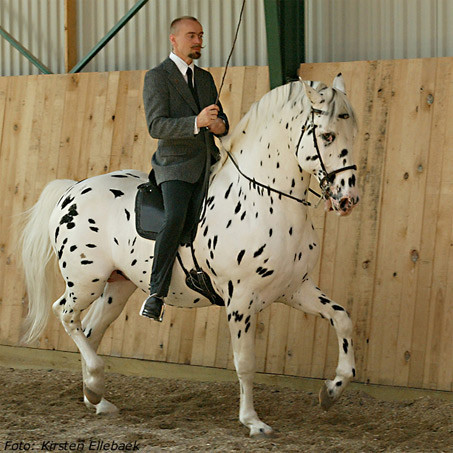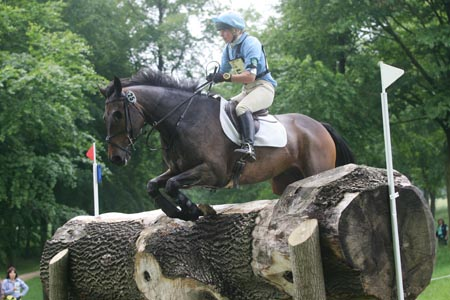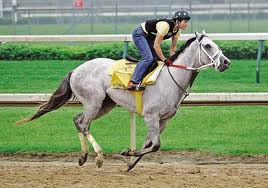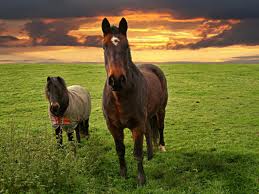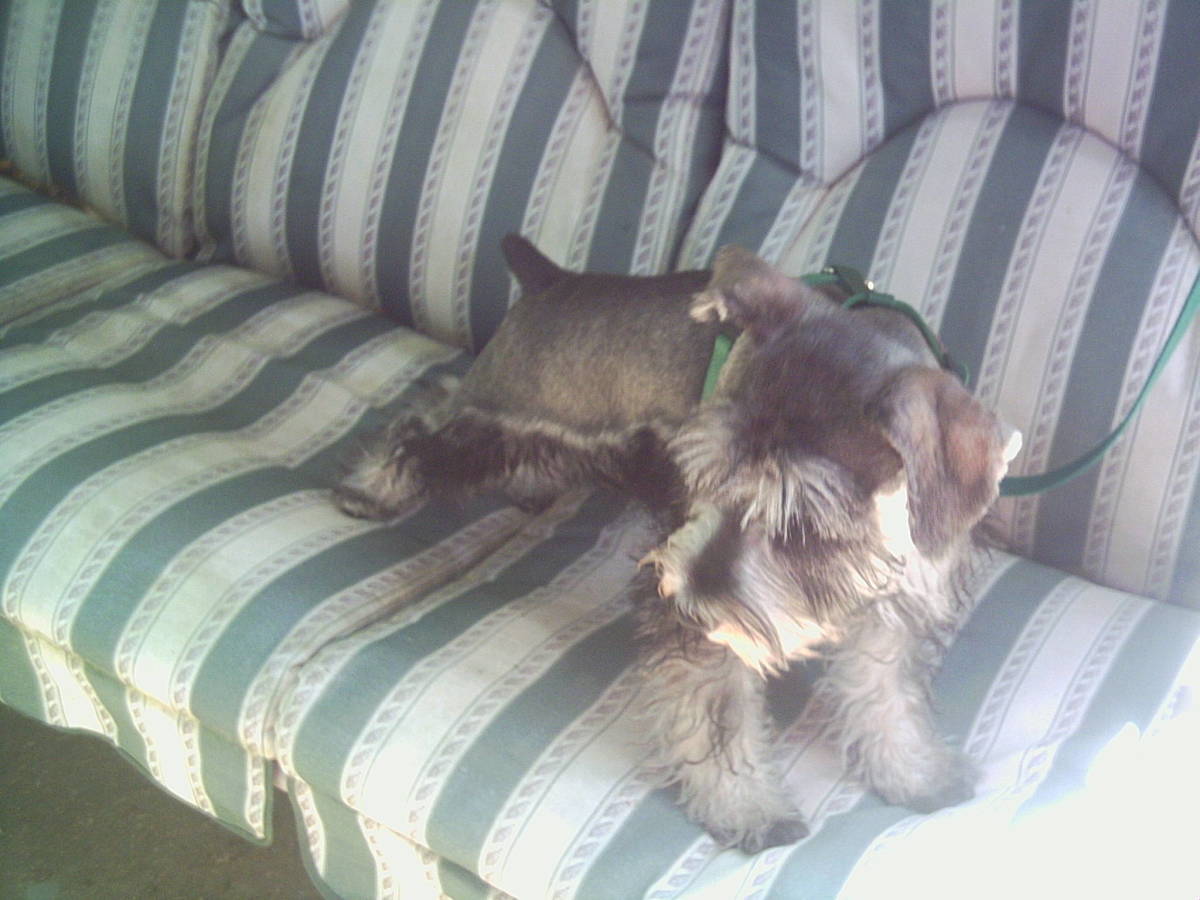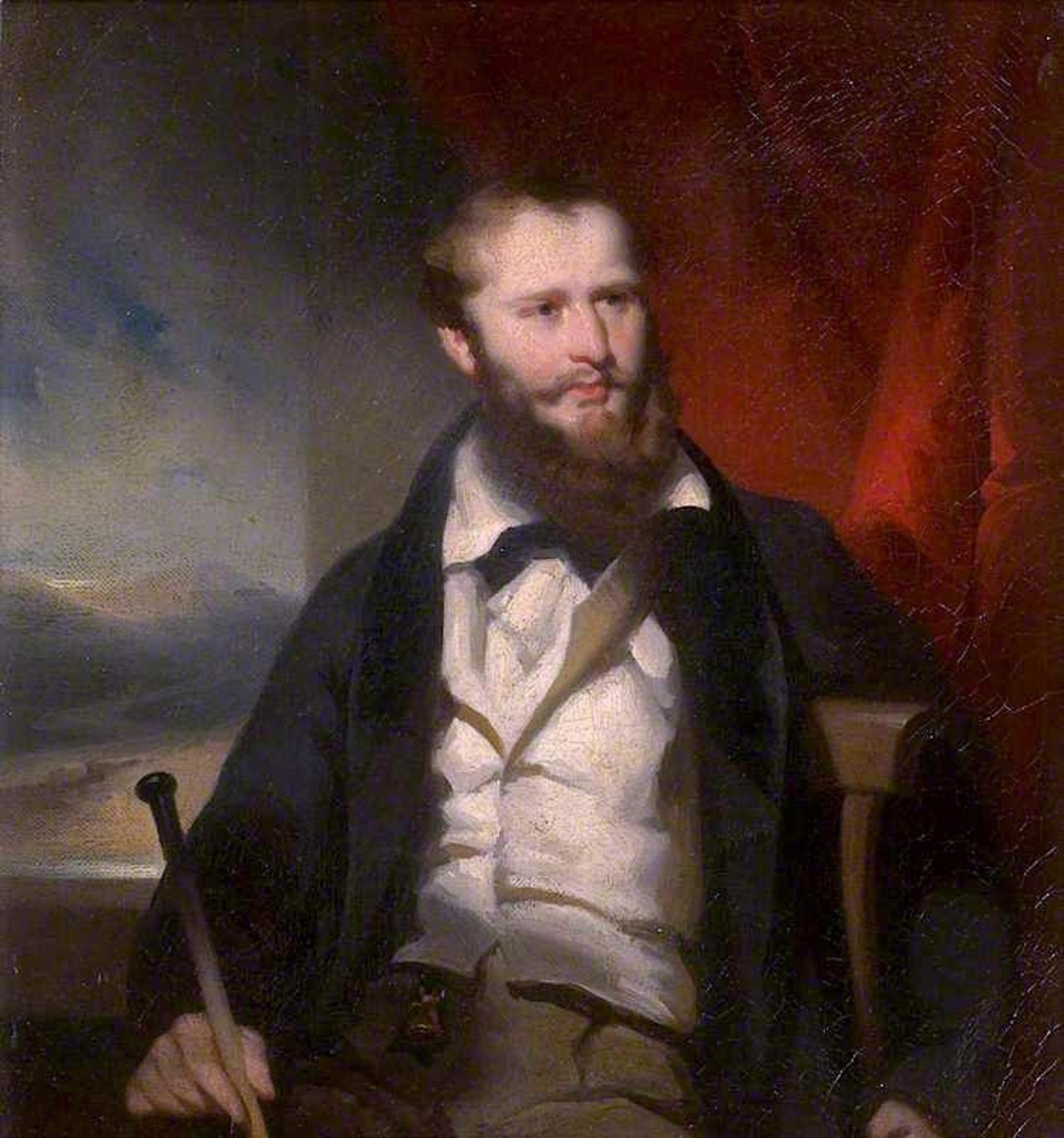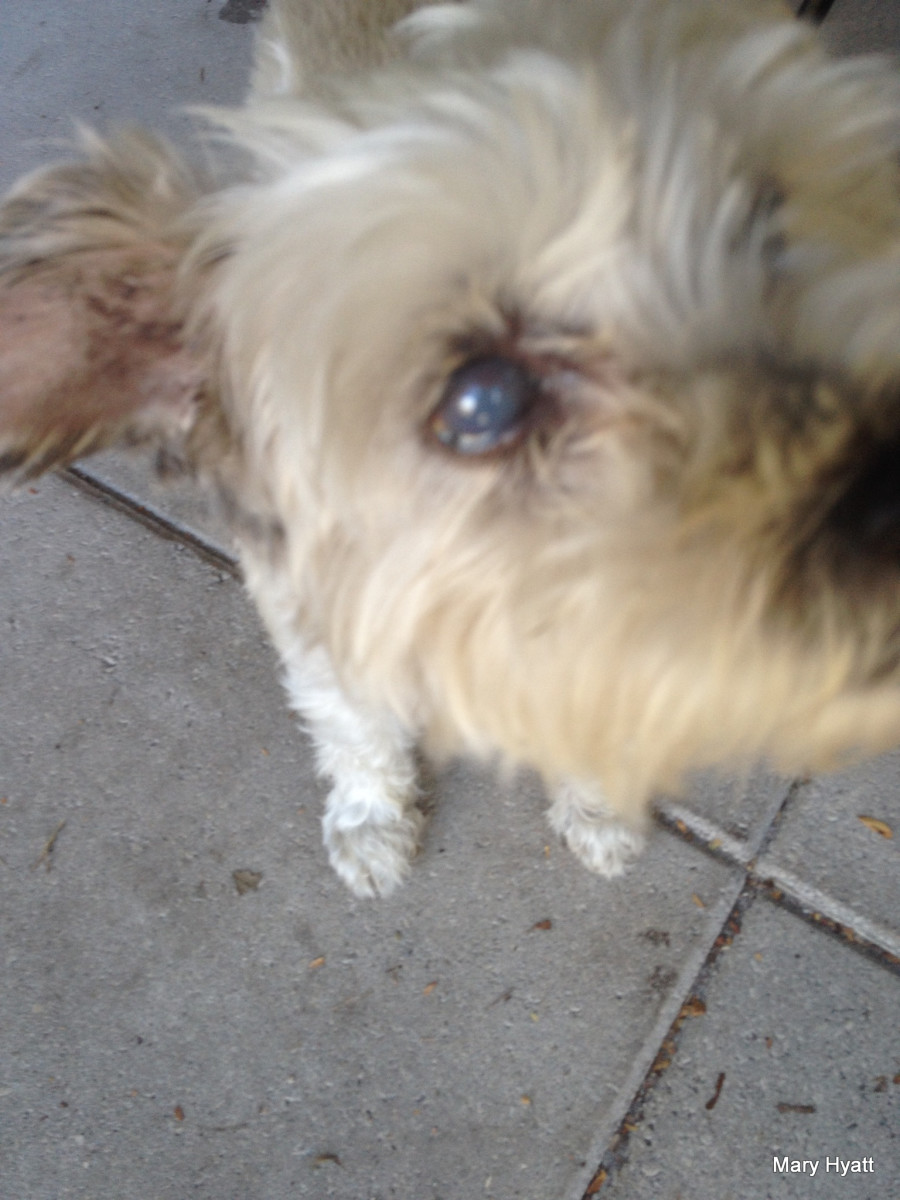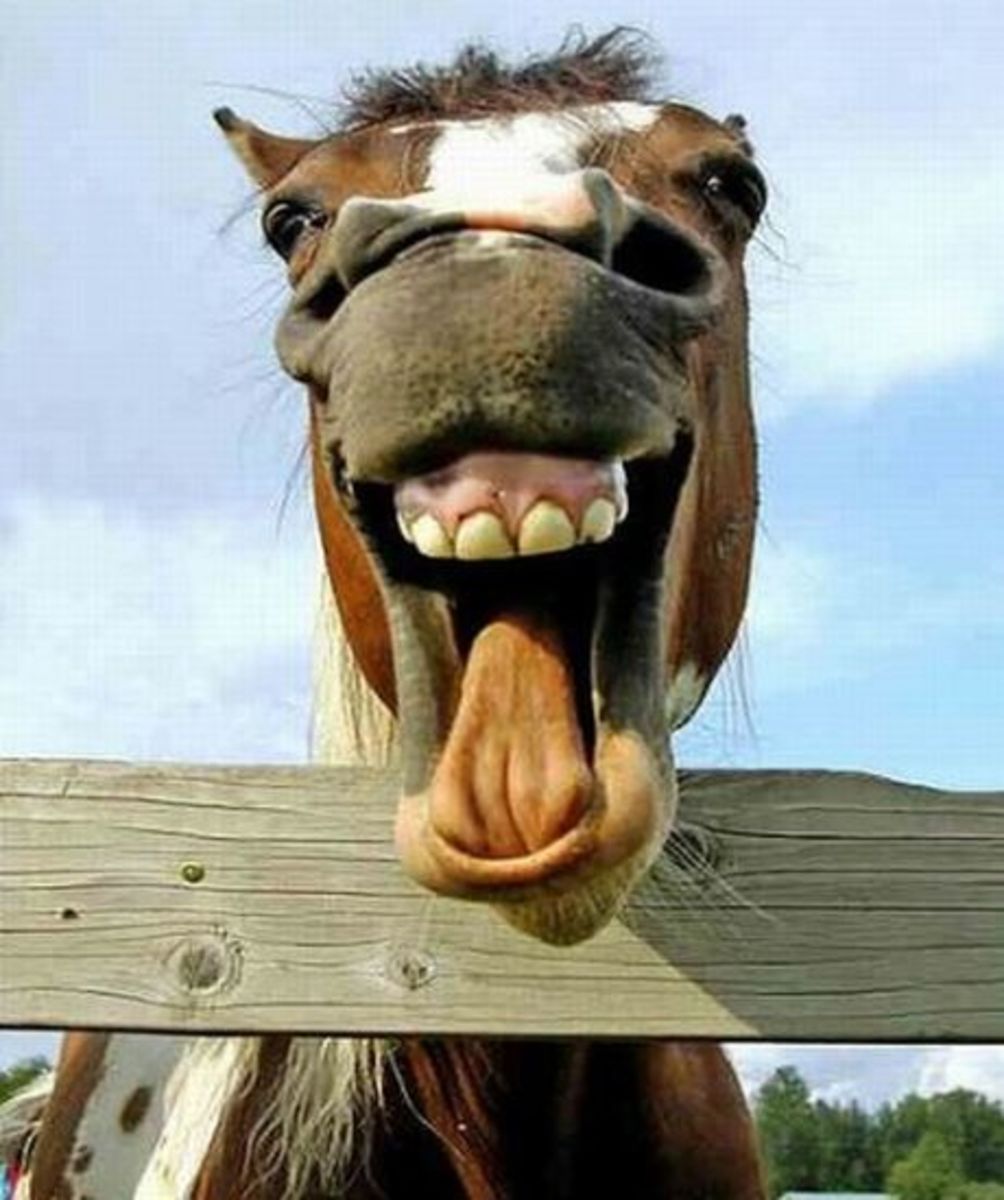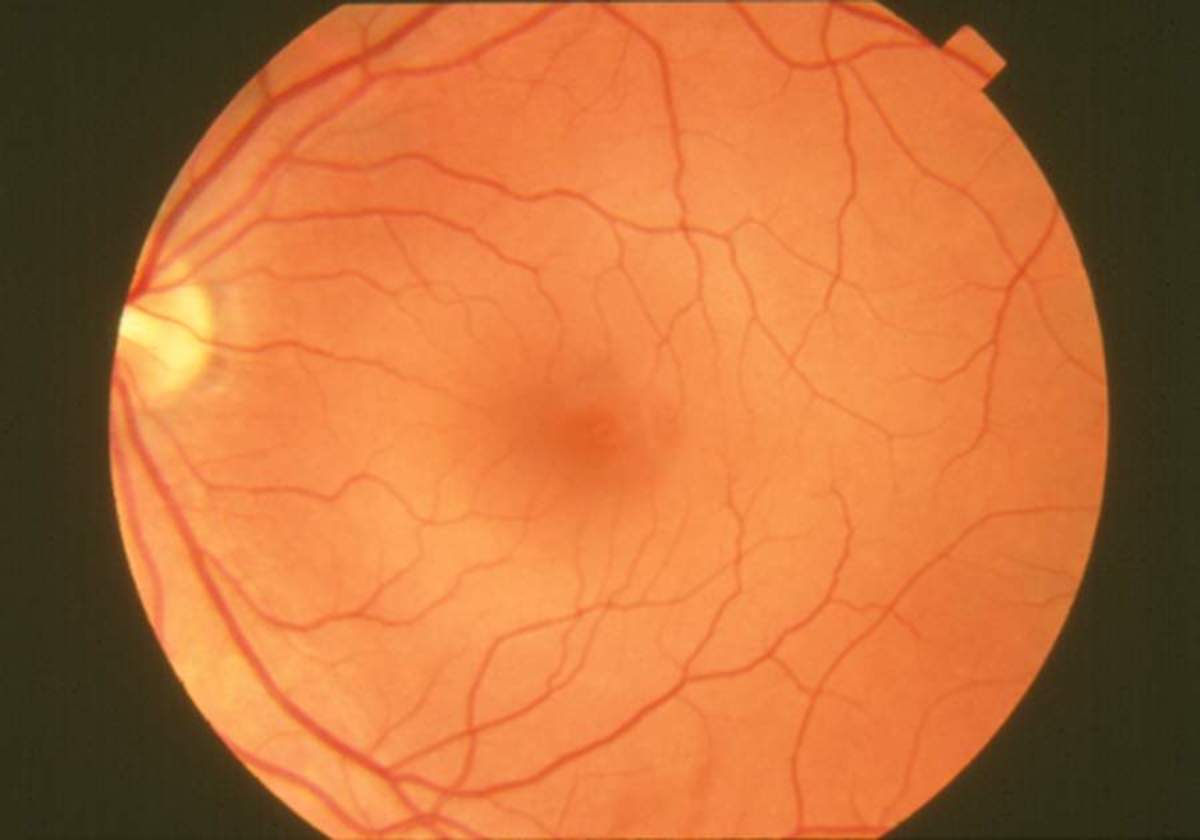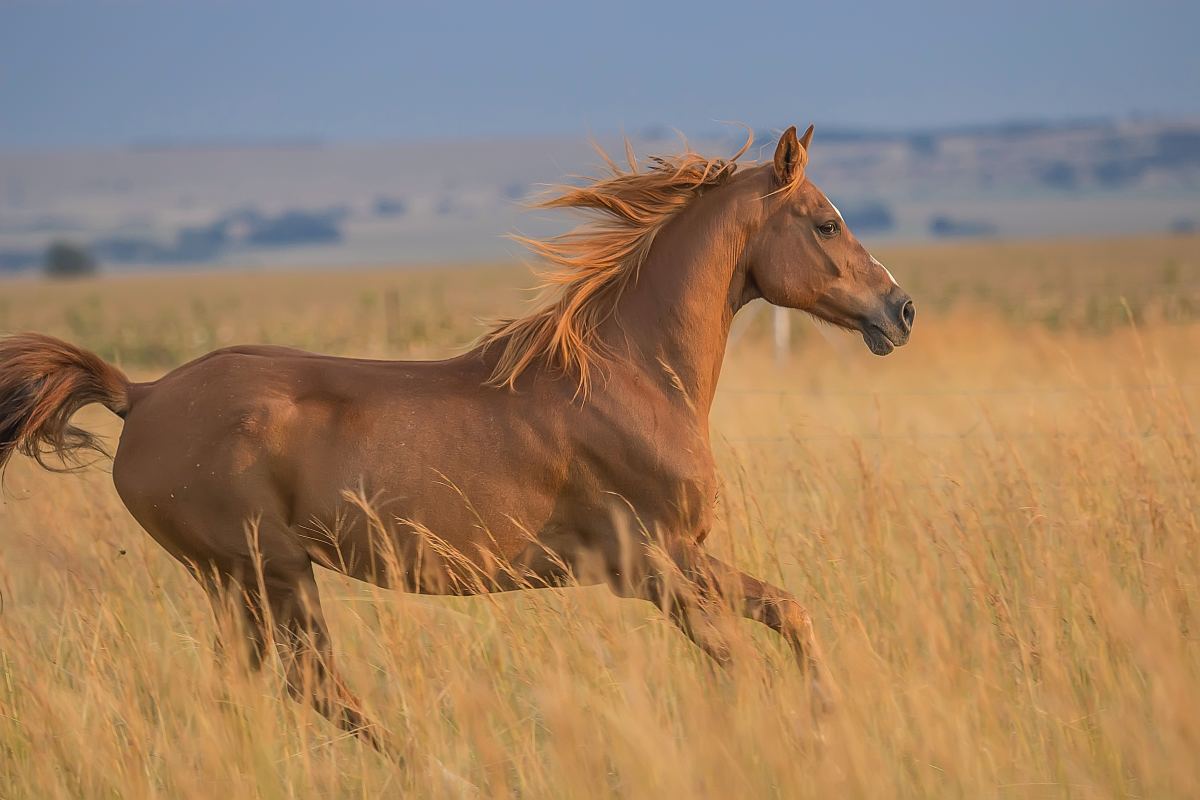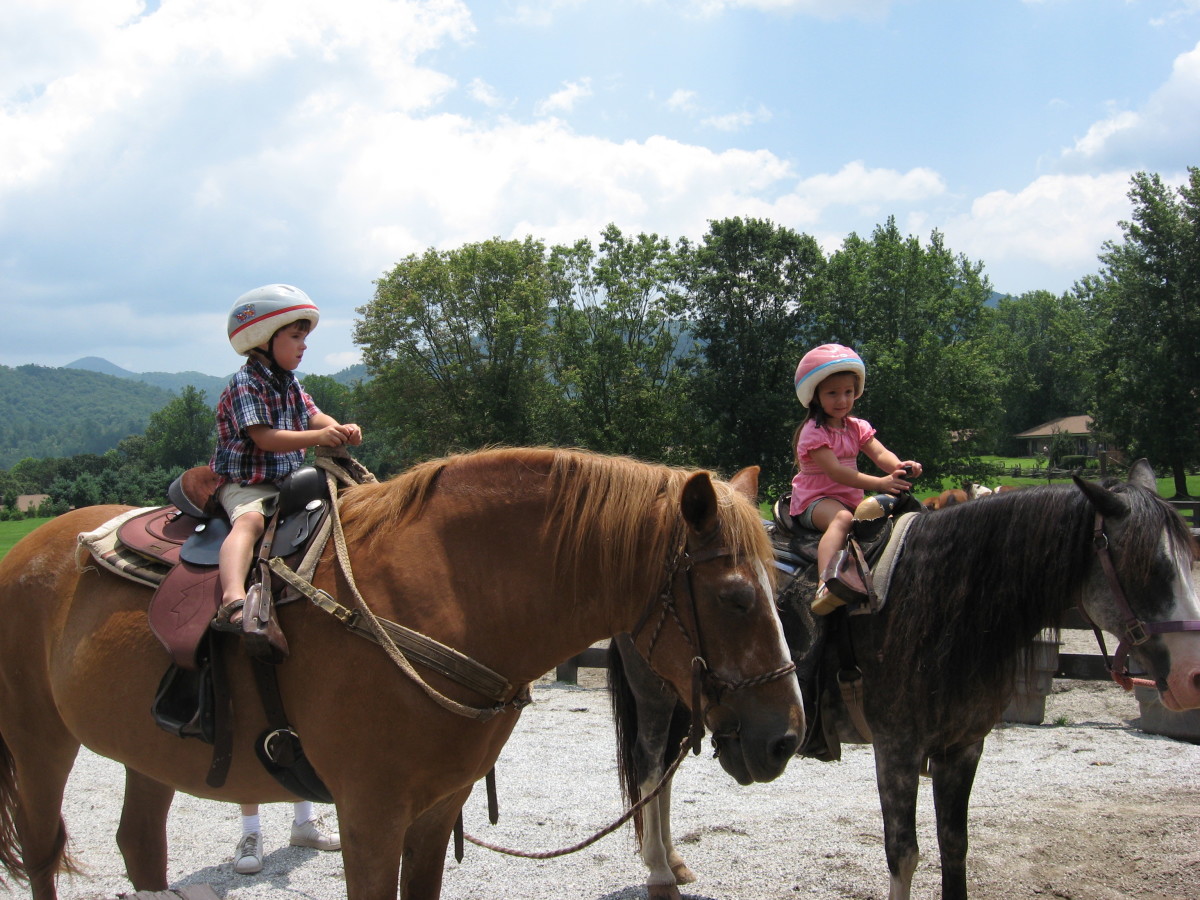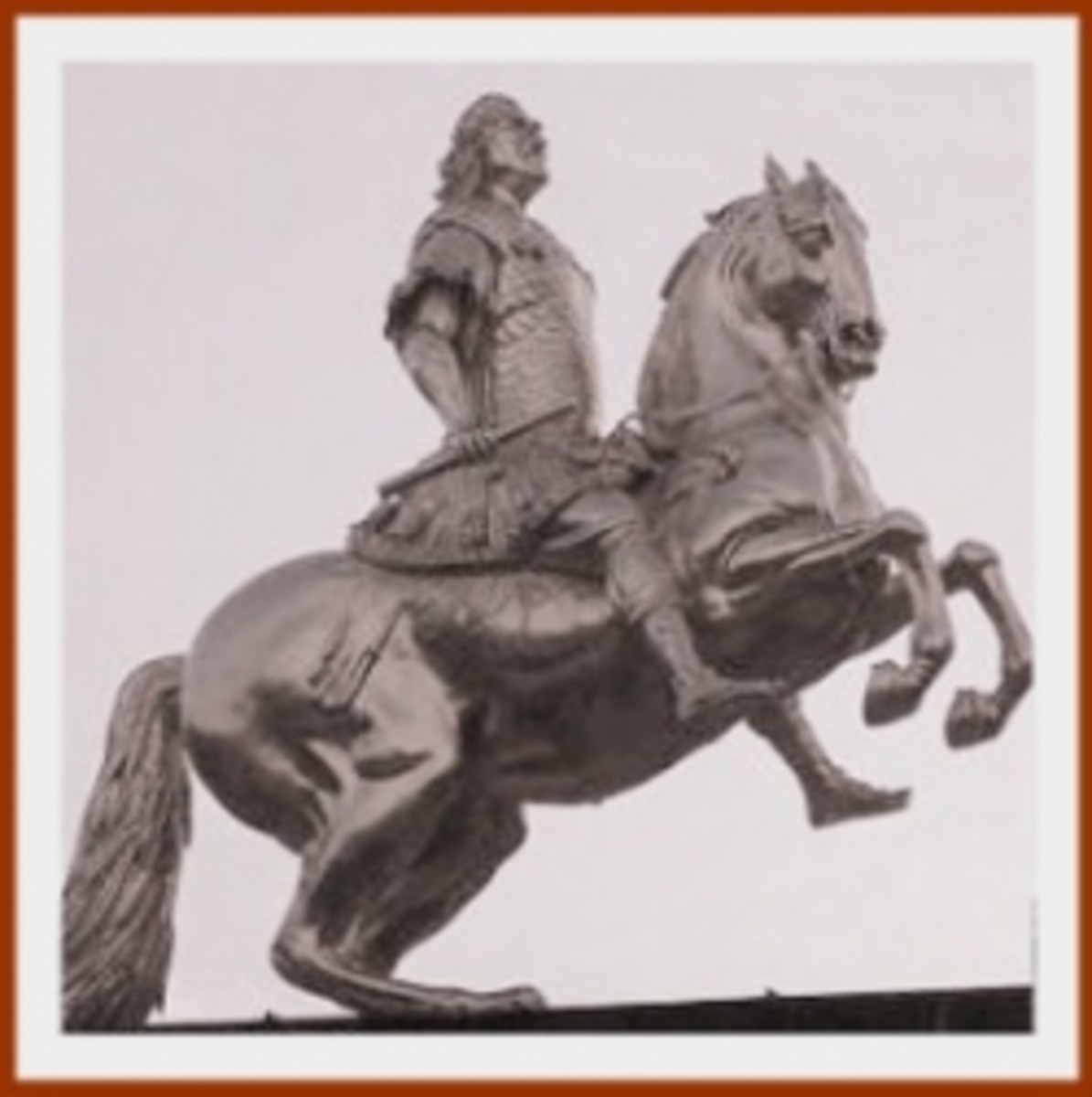Blind Wonders of the Horse World
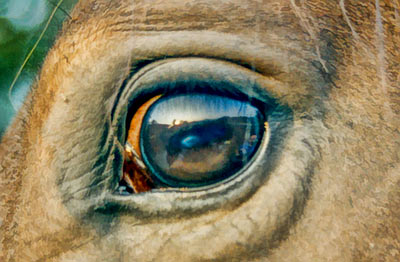
Full and Happy Lives
Although in the wild a sightless horse has little chance of long-term survival, getting left behind by the herd, maybe picked off by predators, in a loving and domesticated situation they can and do lead, full, and useful lives, sometimes even competeing at a top level in such spheres as Dressage and Racing.
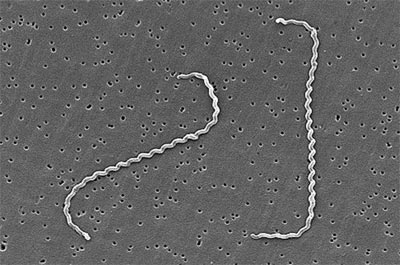
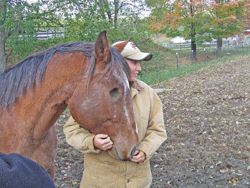
Causes of blindness
There are a number of eye conditions that can cause this in an equine.
Obviously trauma, accidental or deliberate.
And the diseases, which can be hereditary such as cataracts .
Glaucoma, or disease and permenant damage caused by Bacterium, Viruses or even Parasites.
The most common of these is Moonblindness, which is believed to be caused by any of the three above but a favourite is Leptospira (see illustration). The correct medical term for this condition is Periodic Opthalmia, so called because a belief was held that this condition was bought on by monthly changes in the moon.
Unfortunatley it also causes the afflicted horse/pony pain and discomfort which is why there are occasions when the affected eyes are removed or the owner resorts to euthanasia.
Happy, loved, fulfilled
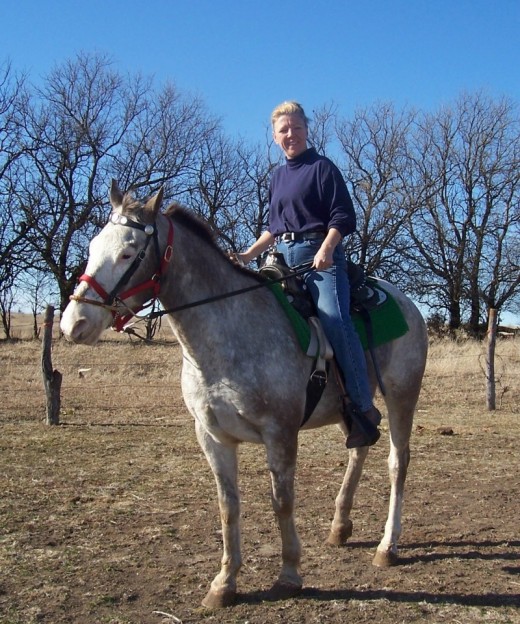
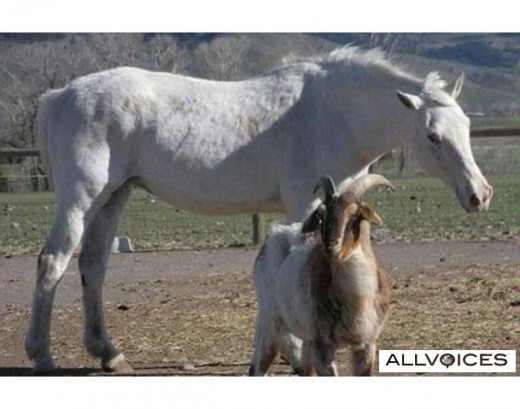
Long and Fulfilled Lives
Many horses and ponies sadly lose sight in either one or both eyes. Some are born blind.
However it has been proven time and again that euthenasia is not necessary.
There are many, many of us out there who rescue, buy, retrain or raise these equines from birth and teach these remarkable animals that we humans can be trusted, but more importantly to trust in themselves.
Most sighted creatured depend primarily on what they can see and smell first and foremost. But without sight the signals can become confused.
However smell, touch and the other senses strengthen over time.
For equines it is touch( whiskers, muzzle, feet) and their sense of hearing and smell that become stronger.
But the most important factor is the bond of trust and love and respect that is built up between the horses/ponies and the people who handle, look after, ride and teach them. Also the bond that grows between these blind equines and their fourlegged companions.
One must always bear in mind that horses are a "flight" animal and their first instinct is to run from anything they percieve as dangerous. So it makes perfect sense if a newly blinded horse is on occasion tempted to do that.
However, it is love, dedication and time which removes these fears and obstacles and a huge number of animals that would otherwise have been "put to sleep" or consigned to a long and miserable exsistence become loving, contented and yes useful members of the families and the institutions and carehomes and rescue centres where they live.
Some even go on to compete, in a variety of equine disciplines very successfully, or simply for fun.
ALL CREDIT TO THE DEDICATED FOLKS WHO DO THESE WONDERFUL DEEDS!!
Look at me!
